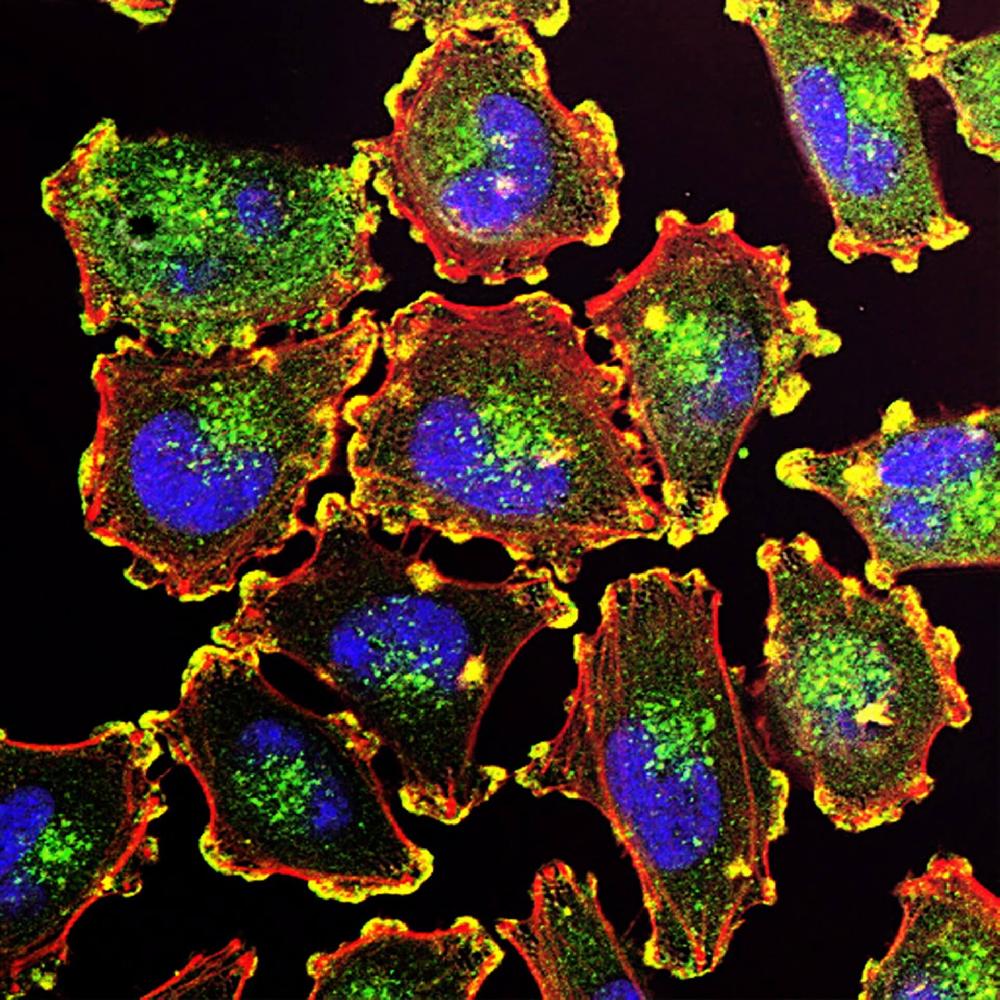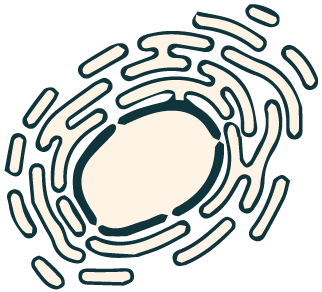This website uses cookies to ensure you get the best experience on our website.
- Table of Contents

Facts about Ubiquitin carboxyl-terminal hydrolase 36.

Function as a transcriptional repressor by deubiquiting histone H2B at the promoters of genes critical for cellular differentiation, such as CDKN1A, thereby preventing histone H3'Lys-4' trimethylation (H3K4) (PubMed:29274341). Specifically deubiquitinates MYC from the nucleolus, resulting in prevent MYC degradation by the proteasome: acts by specifically interacting with isoform 3 of FBXW7 (FBW7gamma) from the nucleolus and counteracting ubiquitination of MYC from the SCF(FBW7) complex.
| Human | |
|---|---|
| Gene Name: | USP36 |
| Uniprot: | Q9P275 |
| Entrez: | 57602 |

| Belongs to: |
|---|
| peptidase C19 family |

Deubiquitinating enzyme 36; DUB1; EC 3.1.2.15; EC 3.4.19.12; FLJ12851; KIAA1453; KIAA1453deubiquitinating enzyme 1; ubiquitin carboxyl-terminal hydrolase 36; ubiquitin specific peptidase 36; ubiquitin specific protease 36; ubiquitin thioesterase 36; Ubiquitin thiolesterase 36; Ubiquitin-specific-processing protease 36; USP36
Mass (kDA):
122.908 kDA

| Human | |
|---|---|
| Location: | 17q25.3 |
| Sequence: | 17; NC_000017.11 (78787381..78840840, complement) |
Broadly expressed.
Nucleus, nucleolus. Cytoplasm.




PMID: 14715245 by Quesada V., et al. Cloning and enzymatic analysis of 22 novel human ubiquitin-specific proteases.
PMID: 19208757 by Endo A., et al. Nucleolar structure and function are regulated by the deubiquitylating enzyme USP36.